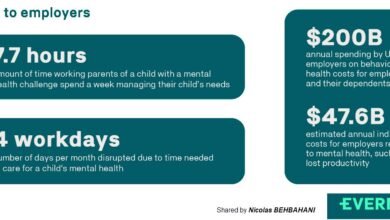
By | David Klaasen | Helping You Create Clarity, Inspire Your People & Drive Performance | Retain your best people | Changing Management Mindsets and Behaviour | Practical Behaviour Analytics
One of the greatest challenges of leadership is how to use the level of power you have to ensure mutual needs are met. This is the key to enduring and positive relationships. While it’s great to be helpful, if it’s not balanced it can lead to unintended consequences like not achieving the key result you are accountable for because they require your attention and skills. However, if you are overly assertive and only ensure that your own needs are met you end up being self-centred and dominating which can rapidly erode trust and undermine the possibility of long term relationships.
In an increasingly inter-dependent world where businesses rely on trusting relationships with suppliers and partners, it is critical to be aware of your personal preferences in this area. Within a business or organisation there is also a high level of interdependence between teams. I frequently get complaints from senior Directors that teams are not supporting one another enough because there is a tendency for people to look after their own team’s needs and neglect the needs of other teams.
When I’m asked to coach Managers and Directors who are not performing to the expectations of their role, they are often struggling with their strong desire to help their team but neglect their own needs. This not only leads to their people becoming dependent on them, it can build up resentment in the manager and when the pressure gets to a certain level they ‘Flip’ and become very demanding or dominating. It is not unusual for this to be combined with becoming harsh, especially if the manager is uncomfortable with enforcing rules and boundaries (for more on this click here)
Avoid Emotional Explosions
If you are being excessively helpful all the time you are creating the expectation in others that you will always meet their needs. This can lead to sacrificing your own needs and if you do flip to dominating it is often a surprise to others because they don’t know that you are not necessarily getting your own needs met. This dynamic also shows up quite frequently in personal relationships where one partner unconsciously takes the other for granted and assumes everything is fine until there is an emotional explosion. The flip to suddenly becoming dominating can often be deemed unreasonable but it was only because the self-sacrificing behaviour was not noticed or acknowledged. That’s the problem with this stuff – it’s often operating at an unconscious level.






